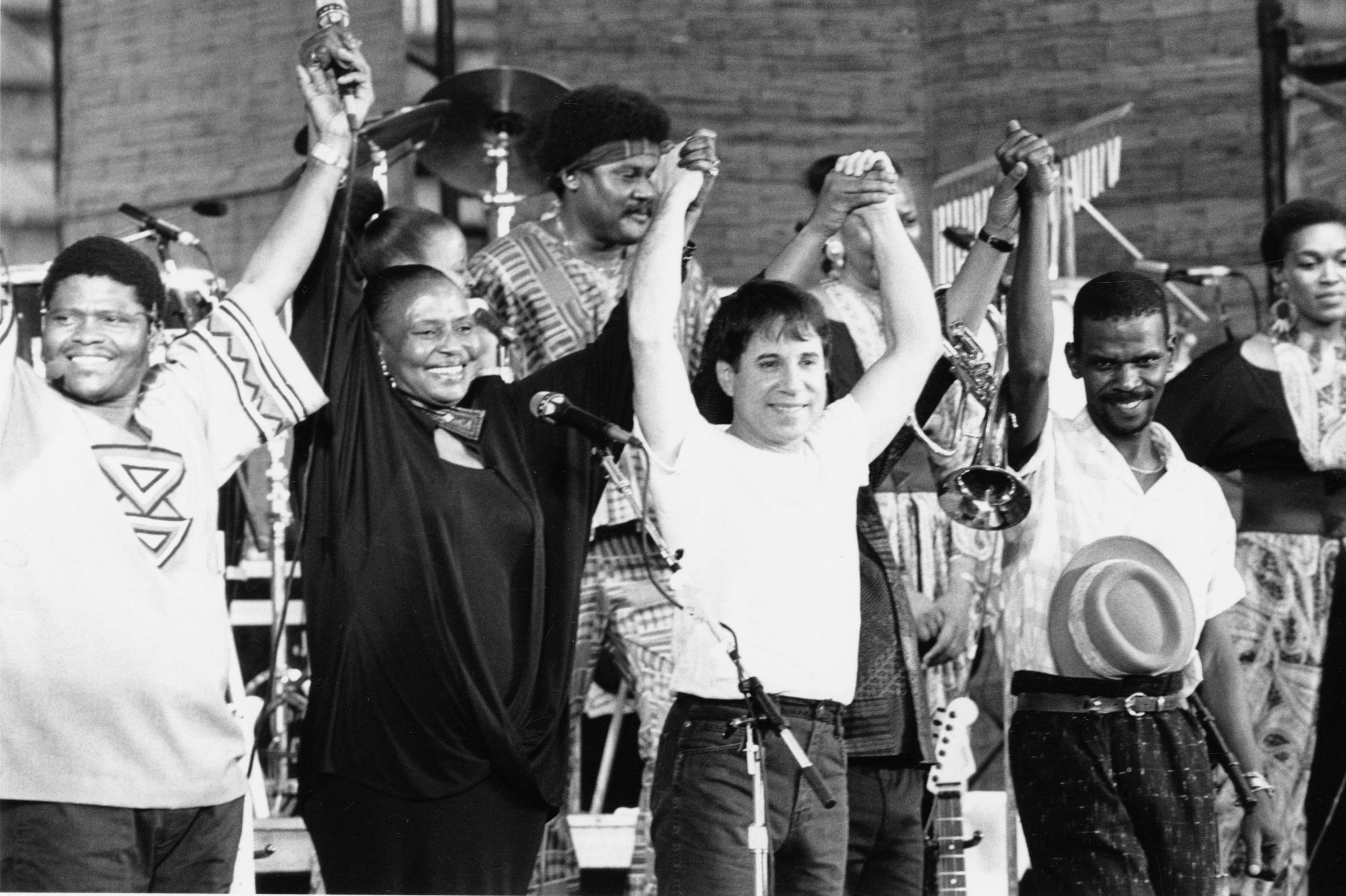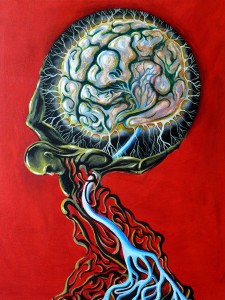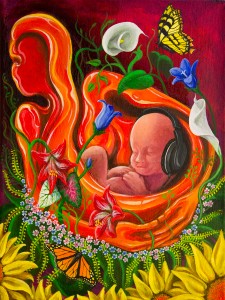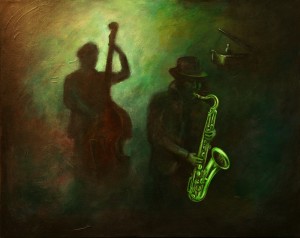Under African Skies, Joe Berlinger’s documentary about the making of Paul Simon’s Graceland album, opened in New York and Los Angeles this week, and I was lucky enough to get to see it twice. The film is exhilarating and heartwarming as it explores the cultural phenomenon of one of the greatest albums ever made, and the stories of the South African musicians who played both on the album and the world tour that followed. Even if it merely focused on the music, it would still blow away any documentary about the making of an album, but it also has another, more potent, layer. It is entirely framed within a political argument that was seething at the time – an argument that as a child of the 80s, I was blissfully unaware of when I first grew to love the music on the record. I want to break with my usual musings on my own art to discuss my thoughts on the film in this post. Warning: spoilers below, if you have not seen the film please, please, go see it – it is absolutely wonderful.
In the mid-80s, Paul Simon became obsessed with South African music, but rather than round up accomplished musicians in New York to replicate the sound for his new album, he decided to travel to South Africa to collaborate with the masters. The problem was that he did this in violation of the United Nations’ boycott of South Africa’s apartheid government, and at a particularly inopportune moment for the liberation struggle. The documentary is speckled with images and videos of protests and furious confrontations that arose after Graceland’s release, and its backdrop is a tense discussion between Paul Simon and Dali Tambo, the founder of Artists Against Apartheid, which runs throughout the film.
During the film, arguments are made on both sides. Dali Tambo and Wally Serote continually reiterate how problematic it was for Paul Simon to flagrantly violate the cultural boycott, and how important it was to keep the racist regime isolated. Simon’s camp makes the argument that as artists they should have been allowed a pass, that he meant no harm, and that it was a wonderful life-changing experience for everyone involved in the project – a point that is hammered into the audience through intensely emotional scenes of oppressed musicians finally tasting freedom. Even though the film is primarily about celebrating the music that resulted from the collaboration, the film tries to be as neutral as possible in its presentation of the debate. Though it is abundantly clear that even 25 years later, Simon remains deeply hurt by the criticism, the film concludes with a “reconciliation” – a handshake and hug – where Paul Simon acknowledges his mistakes and apologizes for any harm he caused, and Dali Tambo professes that he and his organization hold no grudge, the music was brilliant, and that Simon was merely caught up in the whirlpool of a political struggle. The viewer is left without a clear resolution or opinion and the general conclusion is that it remains a complex issue with no clear correct answer…he was probably wrong to do it, but we’re glad he did because the music was so good.
However, I don’t think of this as a grey issue where the truth lies somewhere in between. Even though Paul Simon didn’t set out to specifically violate the boycott, I think he was right to do what he did, and wrong to apologize for it – mainly because I question the idea of a cultural boycott in the first place. This is something that the film doesn’t do – it merely dances around whether Simon was right to break it and the implications of making an exception for him. I’m of the opinion that the cultural boycott was not just wrong, but misguided and counter-productive.
History is brimming with examples of art making a difference in political struggles. Art is and will always be one of the most potent forces that drives people to change. It moves the human soul in a deeper and more profound way than any rational argument has a hope of doing. From Beaumarchais’ Marriage of Figaro to Stowe’s Uncle Tom to Bob Marley’s anthems, art has changed opinions and incited and inspired protest. Could you even imagine the anti-Vietnam-war movement without the soundtrack of the 60s to fan the flames? While Ellen DeGeneres would probably take issue with Joe Biden’s recent quip about Will and Grace’s supreme influence on public opinion about gay people, the point remains valid. Art inspires change. To censor your most powerful weapon in a protest is to shoot yourself in the foot – and that’s what the ANC and Artist Against Apartheid did. Isolating a morally corrupt regime is effective – there is no doubt about that. But while a trade boycott may hurt the regime as it is intended, a cultural boycott hurts the liberation movement because it prevents the most influential and moving voices from making themselves heard to a wider audience, with the result that it actually shields the regime from people who would have been moved to support the movement in other corners of the world.
Paul Simon’s visit and subsequent world tour were subjected to intense criticism and vitriol because the dogma of a cultural boycott went unquestioned. Since the heavyweights of the liberation struggle decreed that art should be treated no different from trade in the isolation of the regime, any violation was perceived as pro-apartheid. But the ANC could not possibly have been ignorant of the fact that within South Africa, artists were integral to the anti-apartheid movement. Throughout the history of segregation, protest music gave black South Africans hope and courage to continue and eventually win the fight – which is what makes the restriction on their creative expression even more damning. Artist Against Apartheid and the ANC should accept the blame, not just for the harm their cultural boycott did to the muted artists of South Africa, but for making it harder for their cause to garner support all over the world. Thankfully, an unlikely and unwilling revolutionary emerged in a diminutive New Yorker. Paul Simon, who started out largely apathetic to the cause and unconcerned with the struggle, eventually ended up taking grave personal risks for his art and on the behalf of the musicians who helped him achieve the zenith of his career. He confronted the boycott, and won. And the world is a better place because of Graceland.




Pierre-Andre Devaud
20 May 2012I respect the author of the blog for taking a principled stance on the issue, but I have a slightly different take. I do have a difficult time understanding the value of a cultural boycott and therefore have sympathy for Paul Simon; further, the result of his having challenged the boycott resulted in some f***ing amazing music.
That said, the most representative opposition organizations in South Africa at the time: ANC and Artists Against Apartheid presumably reflected deeply on the question of whether to push for and support a cultural boycott. It seems to me that the decision to do so was based in reason: the benefits of such a stance outweighed the problems it created.
That’s what brings me to the conclusion that such a famous musician like Paul Simon would have been better off to use his influence to convince the opposition forces to allow him to do what he wanted to. There is something a bit disturbing about a white man flouting the rules set forth by the UN and supported by the black opposition in South Africa to lead a group of black musicians in supposed collaboration. Most importantly, it is not at all obvious to me that his challenge of the cultural boycott in anyway advanced the anti-apartheid movement.